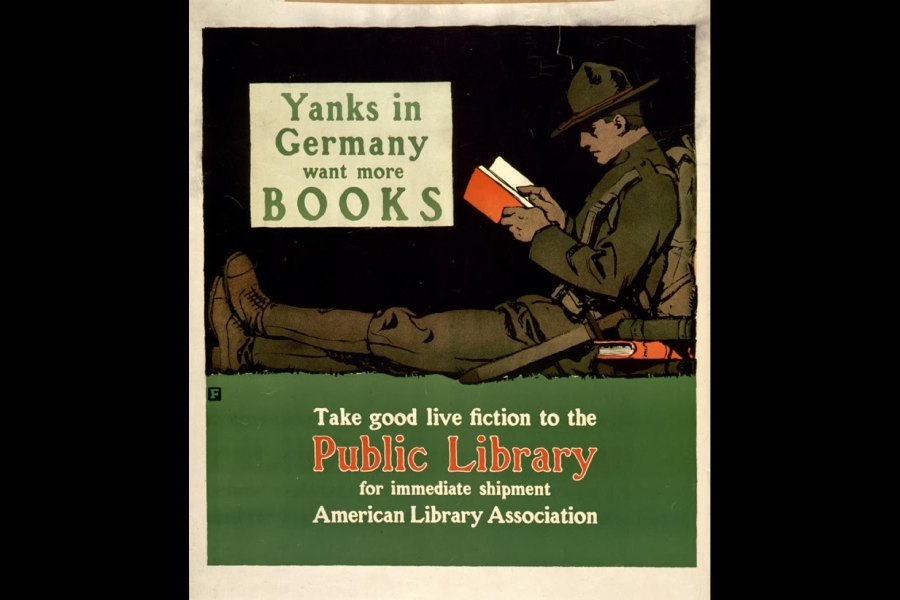Book: THE BOOK AT WAR: HOW READING SHAPED CONFLICT AND CONFLICT SHAPED READING
Author: Andrew Pettegree
Published by: Basic
Price: $35
Francis Bacon had described a library as “an ark to save learning from deluge.” Bacon is not the only one to have seen books and the institutions that house them as sanctuaries. It is thus common for books and libraries to become targets not just during conflicts — book burnings are some of the most enduring images of the Nazi rule — but also under authoritarian regimes: in 213 BC, the Chinese emperor, Qin Shi Huang, ordered a bonfire of books as a way of consolidating power in his new empire.
When one picks up Andrew Pettegree’s book, one expects a history along these lines. But this historian of books takes a different approach. Books and war, he reveals, are closely intertwined as the former have often conditioned readers to expect and, subsequently, support war. They have thus been vectors of ideology and plunder for victors. Pettegree asks if we “should... lament the loss of the 9 million copies of Hitler’s Mein Kampf circulating in Germany by 1945, or the 100 million copies of Mao’s Little Red Book destroyed when his cult receded?” Yet, books have also represented great solace and solidarity in times of combat, for both civilians and soldiers. For instance, Anne Frank, hiding from the Germans with her family in Amsterdam, found a lifeline in books; within a week of Allied soldiers taking the beaches of Normandy, cartons of paperbacks arrived at the bridgehead to remind the troops of a life away from danger.
Pettegree clearly possesses an exceptional — albeit overwhelmingly Western — breadth of knowledge as well as a fondness for frequent digressions, making this a long and loopy read. But not only are the digressions rich with anecdotes but they also introduce fascinating nuggets of socio-political history related to the culture of reading. As one reads this book, one wonders how books are shaping lives and narratives in Gaza and Ukraine. Interestingly, it has been reported that since the outbreak of the war, the demand for books, especially Ukrainian writing, has shot up in that country. Meanwhile, in Gaza, the principal public library has been destroyed by Israeli bombing.

